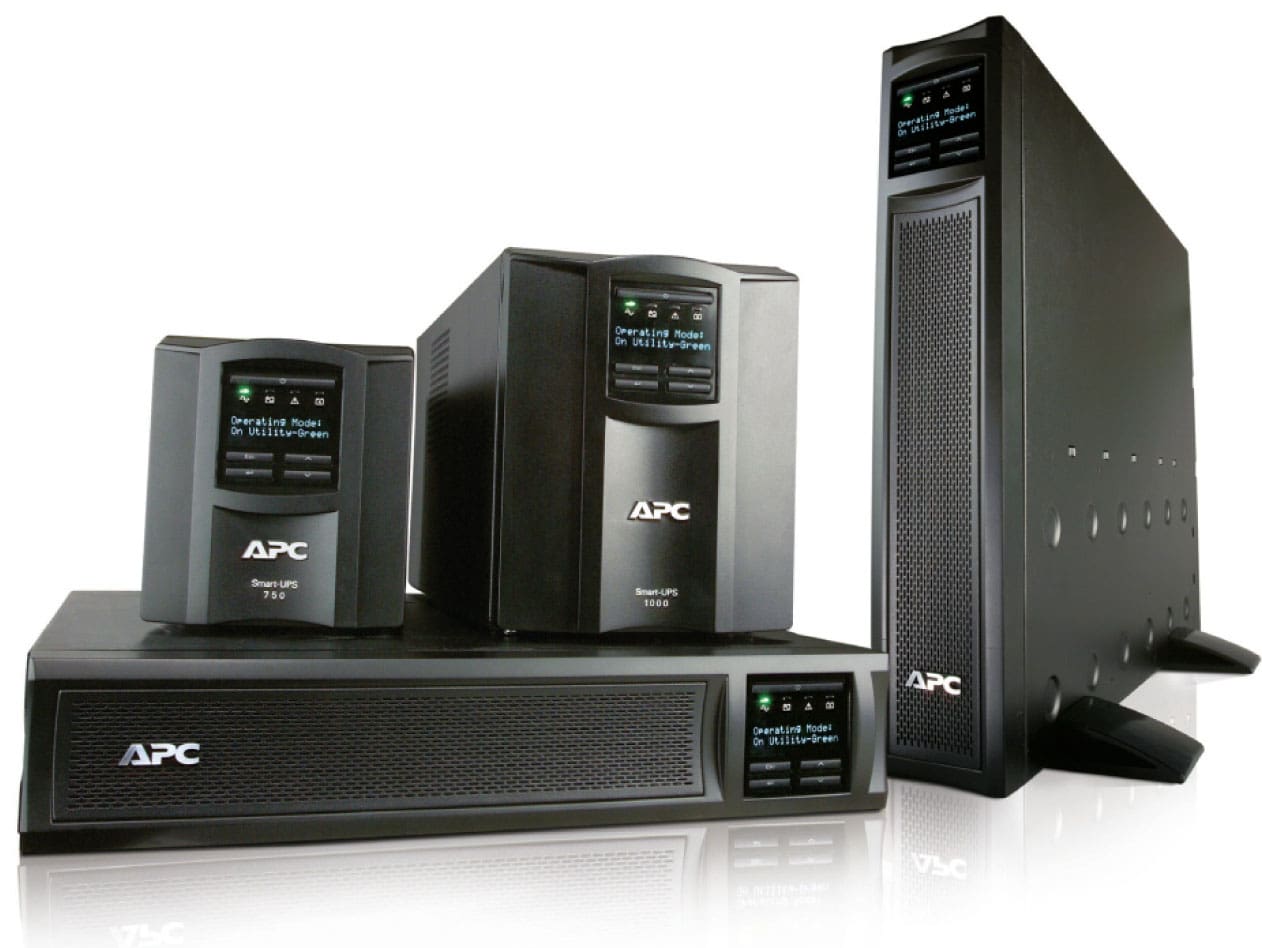In today’s technologically-driven world, the uninterrupted power supply (UPS) has become a critical component in ensuring the reliable operation of various electronic devices and systems. UPS systems are designed to provide backup power during utility outages or disturbances, safeguarding equipment from potential damage and preventing data loss. These systems come in various types and configurations, each tailored to meet specific needs. In this article, we will explore the different types of UPS systems and their applications.
- Standby UPS (Offline UPS):
The Standby UPS, also known as Offline UPS, is the most basic and cost-effective type of UPS system. It operates by letting the connected equipment run directly from the utility power while charging its internal battery. In the event of a power outage or fluctuation, the UPS switches to battery power almost instantaneously. Though it provides basic protection against power interruptions, its response time and efficiency might not be suitable for critical systems with sensitive electronics.
- Line-Interactive UPS:
The Line-Interactive UPS improves upon the Standby UPS by incorporating an automatic voltage regulator (AVR). The AVR helps stabilize and regulate the incoming utility power, protecting the connected devices from voltage sags and surges. It provides enhanced protection against common power problems like under-voltage and over-voltage conditions. The Line-Interactive UPS is commonly used for home office setups, networking equipment, and small to medium-sized businesses.
- Online UPS (Double Conversion UPS):
The Online UPS, also known as Double Conversion UPS, is a high-end system designed to provide the highest level of power protection. It operates by constantly converting incoming AC power to DC and then back to AC power. The connected equipment always runs from the inverter output, ensuring a seamless power transfer during outages, fluctuations, or disturbances. This zero-transfer time characteristic makes it ideal for critical applications like data centres, medical equipment, and industrial processes where any disruption could have severe consequences.
- Delta Conversion UPS:
The Delta Conversion UPS is a variant of the Online UPS that offers increased energy efficiency and reduced operating costs. In traditional Online UPS systems, the power is converted from AC to DC and then back to AC using a double conversion process, leading to some energy losses. The Delta Conversion UPS introduces a third conversion stage, which reduces these losses and improves efficiency. It provides the same level of protection as an Online UPS but with reduced environmental impact and lower operating expenses.
- Ferro resonant UPS (Constant Voltage UPS):
The Ferro resonant UPS, also known as Constant Voltage UPS or CVT, is a unique type of UPS that uses a ferro resonant transformer to provide backup power. It relies on the property of ferro resonance to maintain a relatively constant output voltage, even with fluctuations in the input voltage. Ferro resonant UPS systems are relatively simple, rugged, and can handle high overload conditions. They are commonly used in applications that require isolation and high surge capacity, such as laboratory equipment and heavy-duty industrial machinery.
- Hybrid UPS:
The Hybrid UPS combines features of multiple UPS types to create a system that suits specific needs. For instance, it could be a mix of Line-Interactive and Standby UPS, allowing for improved efficiency and cost-effectiveness while providing adequate protection for essential devices. The Hybrid UPS concept demonstrates how manufacturers can tailor UPS solutions to meet individual requirements by incorporating elements from different technologies.
- Modular UPS:
The Modular UPS is designed with a modular architecture, allowing users to add or remove power modules to scale the UPS capacity as needed. This flexibility makes it easy to adapt to changing power requirements without replacing the entire system. Additionally, modular UPS systems often offer redundancy, ensuring that if one module fails, the others can continue to provide power. This type of UPS is commonly used in data centres, where scalability and uptime are crucial considerations.
In conclusion, UPS systems play a crucial role in safeguarding electronic equipment and critical systems from power disruptions and disturbances. The choice of UPS type depends on the specific application, budget, and level of protection required. Whether it’s a basic Standby UPS for home use or a sophisticated Online UPS for a data centre, these systems ensure that the modern world can continue to rely on uninterrupted power supply, even in the face of unpredictable events.


